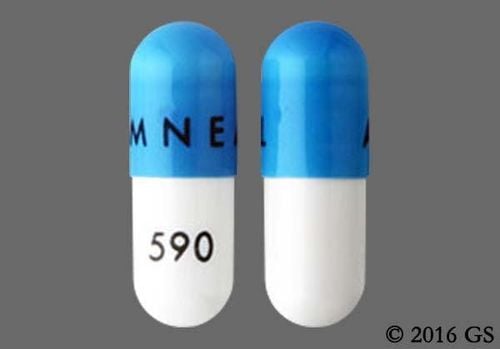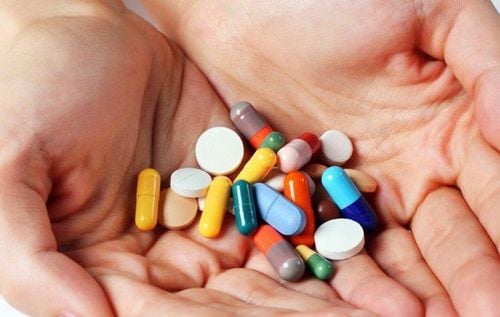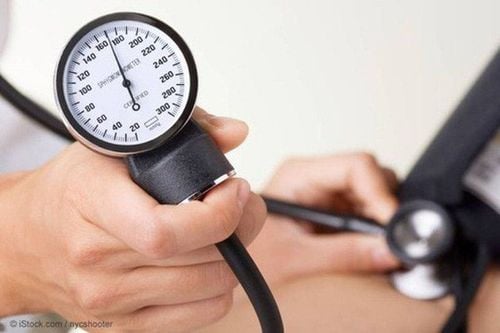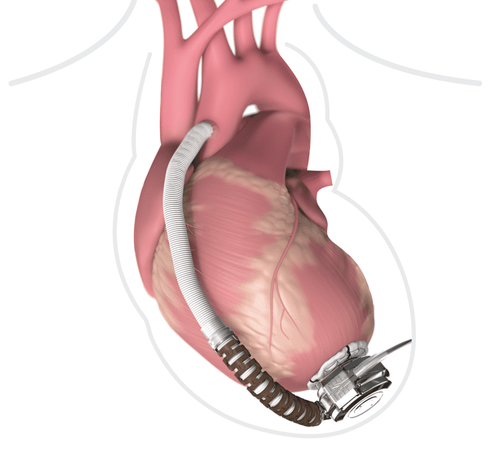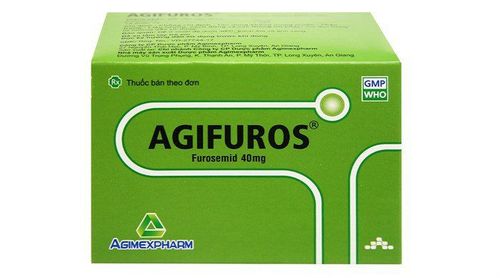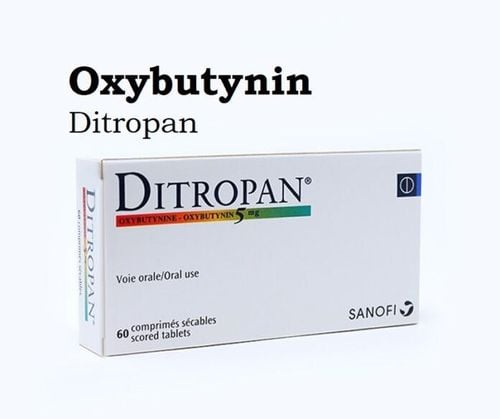This is an automatically translated article.
Acute glomerulonephritis in children is a common disease of the urinary system with the main cause being after streptococcal infection. Most cases have a good prognosis, a few still have serious complications if not treated properly.1. Whole body convulsions leading to death
Hypertension is a symptom causing acute glomerulonephritis in children. The initial manifestation may be that the child is tired, irritable, constantly crying and refusing to eat or drink. When hypertensive crisis occurs, the patient may have a stroke or acute cerebral edema or high blood pressure encephalopathy, manifested by headache, nausea and vomiting, dizziness, blurred vision, and possibly coma, convulsions. convulsions and can lead to death.
2. Acute heart failure
The heart acts as a pump to pump blood around the organs in the body. However, in the face of acute glomerulonephritis, the kidney's failure to excrete it out threatens the integrity of cardiomyocytes.
When the heart muscle fails, the blood supply to the tissues is not enough, causing local ischemia and switching to anaerobic metabolism. Once the brain is not supplied with enough blood, it will lead to impaired consciousness, lethargy, coma and coma. At the same time, blood also decreases perfusion to the kidneys, aggravating acute renal failure.
3. Acute pulmonary edema
Acute pulmonary edema is a consequence of sudden, prolonged high blood pressure in the lungs. The pressure in the pulmonary blood vessels is too high, causing the fluid to escape into the interstitium and into the alveolar lumen. At this time, x-ray film will show a diffuse blurred image like butterfly wings on both sides of the lung.
Initially, the child will have symptoms of shortness of breath, rapid breathing, and chest-abdominal contractions. As the disease progresses more and more, the alveoli are flooded with vascular drainage, the surface area for gas exchange narrows, the child will have acute respiratory failure, purple lips, yawn breathing and pink foam in the mouth. In these situations, if the child is not resuscitated in time with breathing tubes and mechanical ventilation, the child is at very high risk of death.

Hồi sức kịp thời bằng cách đặt ống thở và thở máy
4. Dysfunction of other organs
When the kidneys are acutely inflamed and no longer work effectively, the accumulation of toxins in the blood with increasing concentrations will cause dysfunction of other organs.
One of the most feared complications of acute renal failure is decompensated metabolic acidosis, hyperkalemia and uremia. This affects the activity of electronic chains on the heart muscle cell membrane, causing arrhythmia, ventricular fibrillation and death if not detected in time.
Therefore, when the above complications are necessary, there is a need for treatment for glomerulonephritis, which can be by hemodialysis to quickly remove toxins, avoiding severe consequences.
5. Reduce blood protein
Normally, the glomerulus filter membrane only allows dissolved water and toxins and electrolytes to pass through, reabsorbs and retains large molecules such as blood cells, proteins, nutrients. However, when the filter membrane is damaged, the substances are easily released through the urine stream, the child will have symptoms of cloudy urine, hematuria. At that time, the concentration of protein in the blood dropped severely, showing systemic edema.
Protein deficiency will definitely make children malnourished, retarded in physical and mental development. Moreover, the immune system is also weakened, children are prone to common infections in the respiratory and digestive organs.
At the same time, the blood clotting system is also affected, increasing the risk of thrombosis and thromboembolism. Besides, because the colloidal pressure created by the protein concentration is no longer maintained, the fluid escapes a lot into the interstitial tissue, not only causing the child to enlarge the whole body, making it difficult to walk, but if it spills into the pericardium, the pleura. can compress the circulatory system, leading to hypotension, respiratory failure and death.
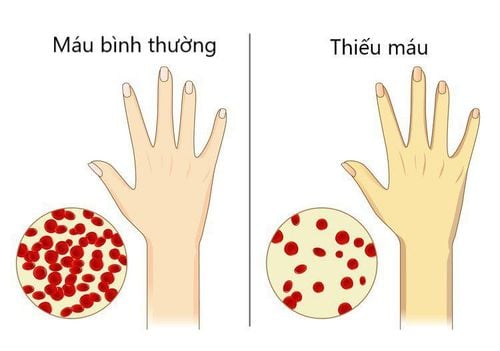
Thiếu máu ở trẻ
Please dial HOTLINE for more information or register for an appointment HERE. Download MyVinmec app to make appointments faster and to manage your bookings easily.




